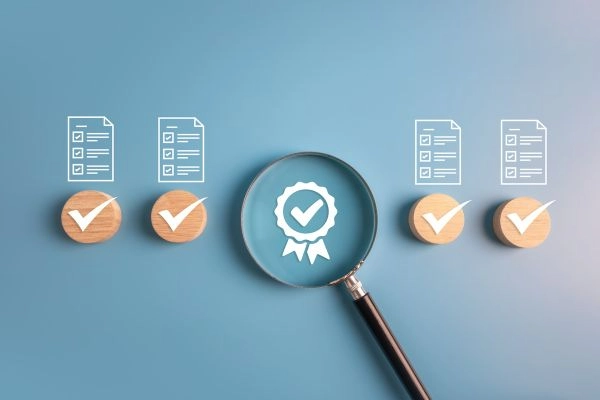Five Common Mistakes in ASRS Preparation and How to Avoid Them

As Australian companies prepare for mandatory sustainability reporting under ASRS, many are discovering that getting ready involves far more than ticking boxes. Here are five common missteps organisations should avoid and guidance on how to move forward with confidence.
1. Waiting Too Long to Start
ASRS has a phased rollout, but that does not mean companies should delay. Preparing your teams, systems, and governance structures takes time. Getting started early allows for testing data flows, building familiarity with disclosure requirements, and identifying key gaps—without the pressure of an upcoming deadline.
2. Treating ESG Like a Side Project
Sustainability reporting should not be treated as an isolated or secondary initiative. To meet ASRS requirements effectively, ESG considerations need to be integrated into your organisation’s core governance, risk, and strategy functions. This includes board-level oversight, dedicated roles, and a clear understanding of accountability throughout the business.
3. Underestimating Data Complexity
Collecting and validating ESG data is often more challenging than it seems. Emissions data, scenario analysis, and risk assessments often pull from multiple systems and departments, requiring coordination and consistency. Without structured data governance, it is easy to fall into the trap of fragmented reporting or unreliable results.
4. Ignoring Assurance Requirements
ASRS mandates limited assurance for certain disclosures, beginning with climate-related metrics under ASRS S2. Preparing for assurance is not a last-minute task. It requires documented controls, traceable evidence, and alignment with reporting standards. Companies that build assurance readiness from the start will avoid costly rework and delays.
5. Relying on Spreadsheets
Spreadsheets may offer flexibility, but they quickly become inefficient and error-prone when managing complex ESG data. Manual processes make it difficult to scale, audit, or adapt to evolving standards. Organisations should move to systems designed specifically for ESG reporting to streamline compliance and improve confidence in the data.
How Speeki Can Help
Speeki offers a purpose-built platform that brings structure, efficiency, and expertise to your ASRS journey. With integrated tools for data management, carbon accounting, stakeholder engagement, and reporting workflows, Speeki helps you avoid the common pitfalls and stay ahead of both compliance and stakeholder expectations. Whether you are just beginning or refining your approach, Speeki provides the support you need to report with confidence.

.webp)


